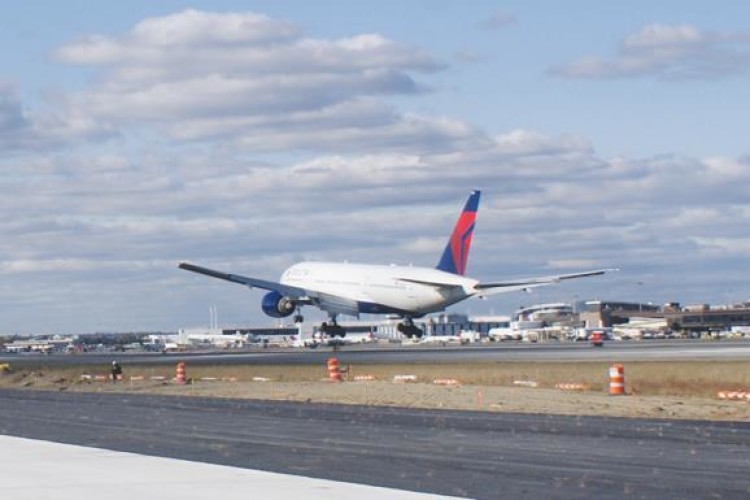Use of concrete instead of typical asphalt is expected to minimise future maintenance impacts by giving the runway a life of up to 40 years, compared with asphalt’s 10-12 years. The Port Authority of New York & New Jersey (PANYNJ) project also includes the addition of a new high-speed taxiway.
“Runway rehabilitation is an essential part of the Port Authority’s state-of-good-repair initiatives at its airports and our continuing efforts to ensure world-class operations,’’ said PANYNJ chairman Kevin O’Toole. “This infrastructure investment will enhance the efficiency of aircraft movements on the ground, while the use of concrete will shorten the project’s timetable and increase the lifespan of the runway.”
The runway work is expected to generate 1,880 jobs in total and an additional US$140.6m in wages.
The closure of Runway 13L-31R, one of JFK’s four runways, is scheduled to begin in April 2019 and reopen, with key project elements finished, by the end of 2019.
The construction of a new high-speed taxiway and taxiway realignment is designed to improve the efficiency of runway operations, reducing runway occupancy time per arrival by nearly six seconds on average. The time-savings are estimated to save passengers approximately 1,000 hours annually in delays and taxiing time, for a combined savings to airlines and passengers of about US$9m.
Got a story? Email news@theconstructionindex.co.uk



